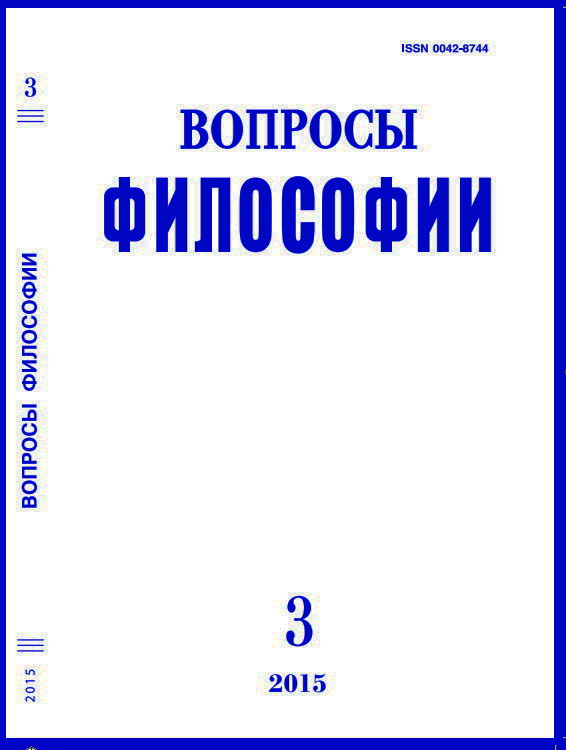Praxis and Poesis of Truth: Derrida and Marion Interpreting St Augustine
Keywords:
Augustine, Derrida, Marion, Levinas, subject, truth, conversion, speech act theory, acr, poesis, praxisAbstract
Interpretations of facere veritatem by Derrida and Marion share several essential traits. Both philosophers refuse to consider facere veritatem as a variant of speech act. For Derrida this is an event of truth, whereas for Marion it turns truth into an event for the subject. Facere veritatem is the speech of the Other (Derrida) or the word of God (Marion), being an alien word appropriated by the subject, or, more precisely, the subject appropriated by this word. Both thinkers have been infl uenced by Levinas’ interpretation of Augustine’s veritas redarguens as a truth that puts the I into question. Eventually facere veritatem becomes a paradigm of conversio: the truth thus created is the truth of conversion and even of the emergence of the subject; the truth beyond all possible speech; no longer a mere speech act but a structure underlying any verbal expression. For Marion the embodiment of this structure is the threefold functioning of the liturgical speech (confession, praise, reading of Scripture). For Derrida the same role is played by literature, in which poetry and truth, fiction and witness merge into one, roducing a hidden place for truth.

